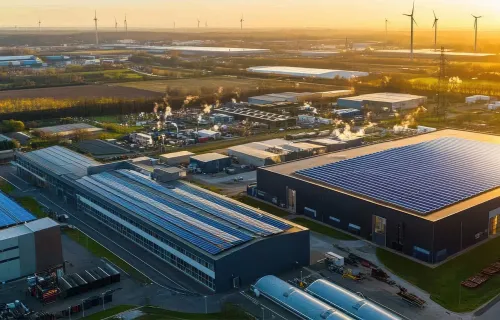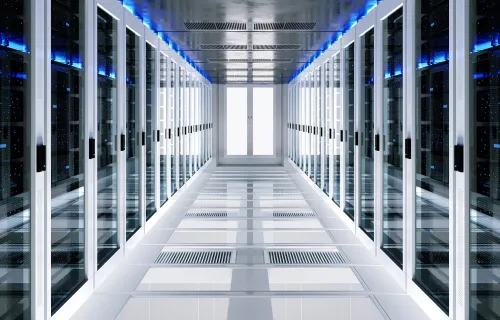
Energizing business outcomes: How data-driven AI and cybersecurity shape the future of Energy & Utilities
The Energy and Utilities sector is undergoing rapid transformation, driven by decarbonization goals, changing consumer demands and technological advancements. In this changing environment, the sector is confronted with new market...












